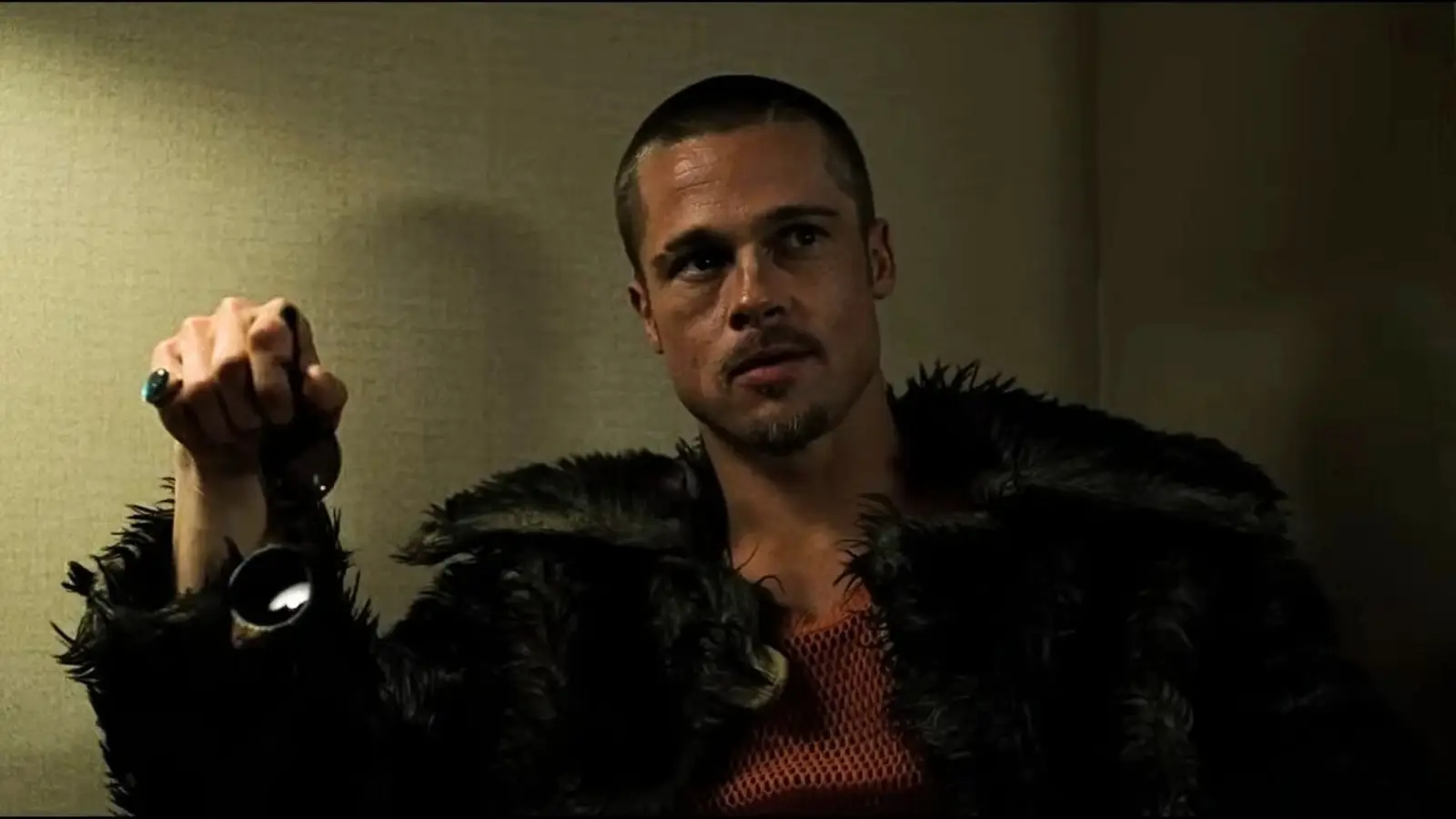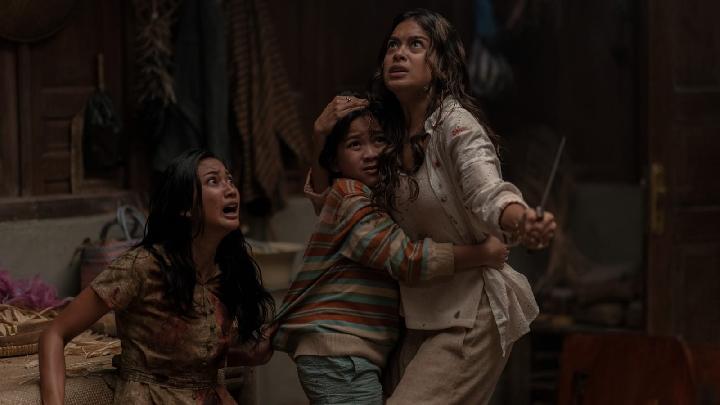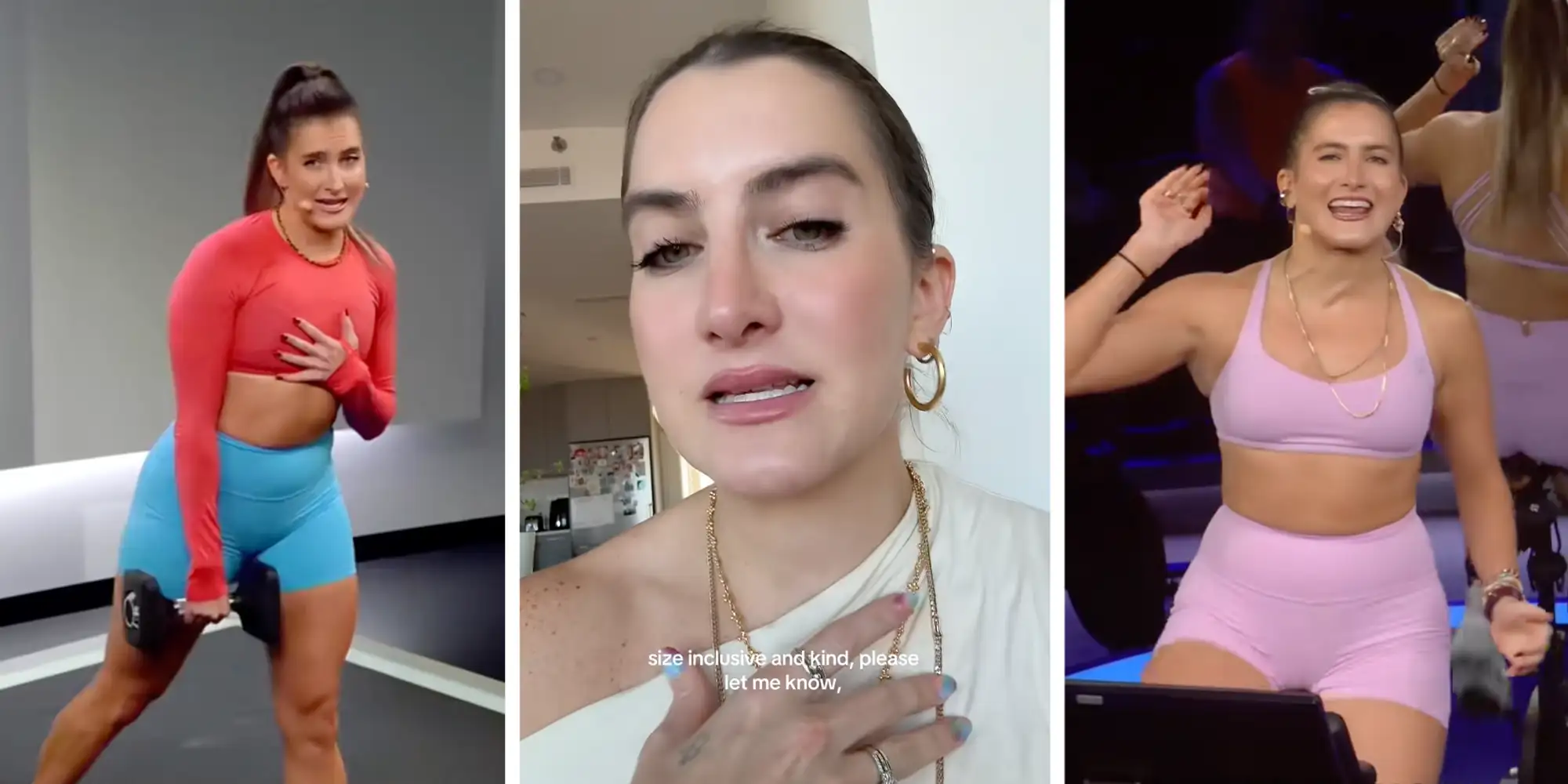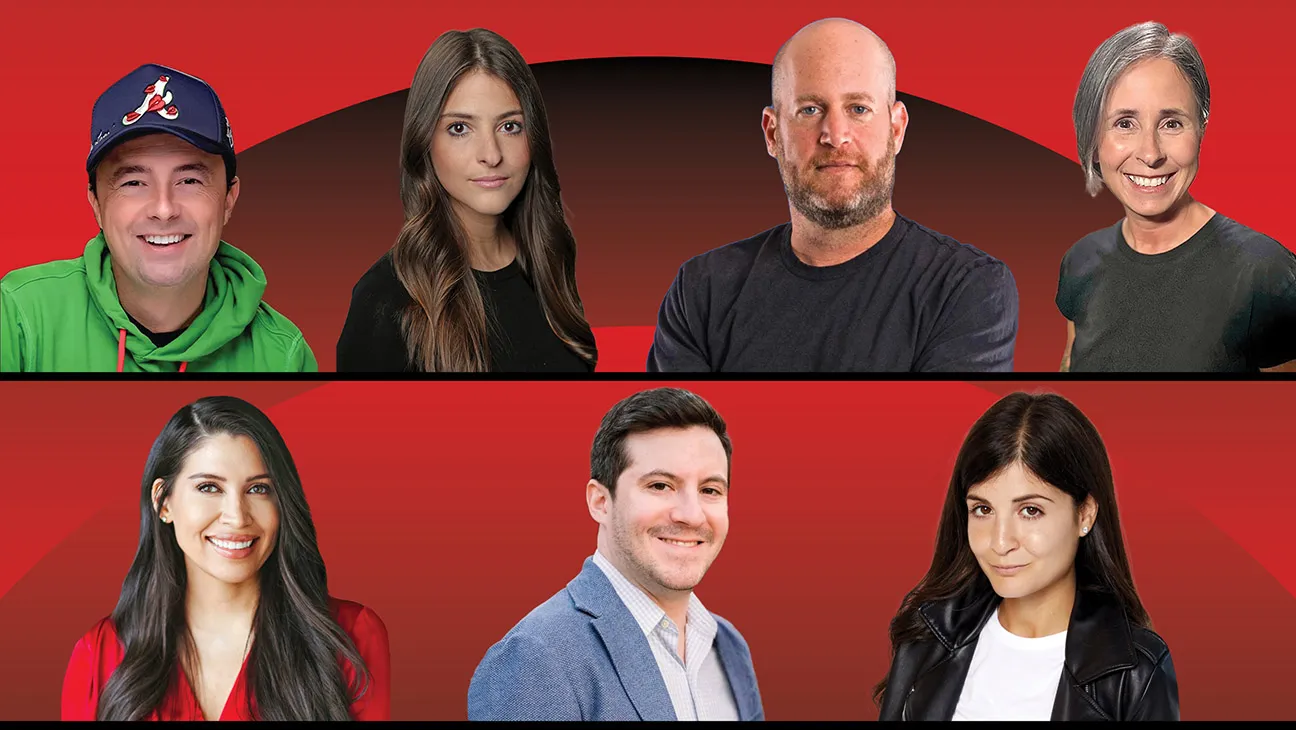Copyright Screen Rant

While both books and movies are certainly products of their time, many stories can transcend decades, even generations, and still be relevant and applicable many years later and lead to numerous novel adaptations. One such story is F. Scott Fitzgerald's literary classic The Great Gatsby, which has been adapted numerous times and will now get a new modern-day version courtesy of Netflix. It was reported on Friday that the streaming service preemptively acquired a pitch from Oscar-winning writer Stephen Gaghan (Traffic) entitled Valley of Ashes, described in Deadline's report as, "a contemporized version of The Great Gatsby set in San Francisco." This also comes days after a Margot Robbie rumor was debunked for a new American Psycho adaptation. A modern-day version of The Great Gatsby centering on the current Silicon Valley culture is certainly an intriguing prospect, especially coming from an enormously talented writer like Gaghan. Still, while many stories are perfectly placed as time capsules of their era, others could be given new life by shining a light on their themes through the prism of current culture. 1984 by George Orwell The most obvious choice, to be certain, but this prescient work has proven to be timeless and deserves an adaptation as big and bold as the book itself. Orwell's foresight of totalitarianism and mass surveillance is still the stuff of legend, and one can simply tune into CBS to watch a show named after the all-watching Big Brother. There have been feature film adaptations in 1956 and 1984, plus TV adaptations in 1953 and 1954, along with stage, radio and other adaptations throughout the years. The most recent adaptation was in 2023, a Russian-language adaptation from Finnish director Diana Ringo. Almost exactly a decade ago, Paul Greengrass came aboard to direct a new adaptation, but writer James Graham told Deadline in 2020 that the project was on hold. Brave New World By Aldous Huxley There's a good chance that if you read 1984 in high school or college, it was paired with Aldous Huxley's equally-prescient though much different 1932 book Brave New World. If 1984 was the North Pole, Brave New World was the South Pole, both presenting dystopian societies from far different perspectives. Brave New World is set in a World State where humans are indoctrinated into one of several different caste systems, each with their own color to identify its members (along with its own sleep conditions), where citizens are lulled into a false state of happiness through a drug called soma. While there have been two TV movie adaptations, a mini-series, TV series, stage play and multiple radio adaptations, Brave New World hasn't been given the true big-screen treatment it deserves, and it's still plenty timely to be told today. To Kill A Mockingbird by Harper Lee The 1960 novel and the 1962 film adaptation are both so widely beloved that it might seem almost unholy to adapt it again, but we could certainly use as many Atticus Finch's and Boo Radley's as we can get right now. The book is still a monumental success and still considered one of the greatest American novels ever published. Sadly, the themes that resonate throughout the book are still quite timely. True, a white lawyer being assigned to defend a Black man against rape charges is certainly not as radical a premise as when the book was set in the 1930s during the Great Depression. Still, given how divided we still are, a present-day adaptation would be fitting. A Clockwork Orange by Anthony Burgess The 1971 adaptation of Anthony Burgess' iconic 1962 novel made Malcolm McDowell a star, and is still one of the finest film adaptations of all time. McDowell's performance as a young "droog" named Alex was so searing that it inspired so many acts of copycat "ultra-violence" that it was withdrawn from U.K. cinemas at director Stanley Kubrick's request. The novel was adapted for the stage several times, though Kubrick's adaptation remains the only film to bring this story to celluloid. Given how radicalized people have become and waves of misinformation spreading rampantly, our current climate could be fertile ground for a re-telling of Alex and his cohorts' story. One Flew Over The Cuckoo's Nest by Ken Kesey A new version of a classic like One Flew Over The Cuckoo's Nest may also seem like verging into sacrilegious territory, given how beloved the original adaptation is. The 1975 classic is one of just three films to win the top five Oscars (Best Picture, Best Director, Best Adapted Screenplay, Best Actor and Best Actress) and is widely considered one of the best of all-time. The story of Randle McMurphy (Jack Nicholson) and his descent into madness while housed at a mental institution, the conditions and stories of his surrounding inmates, and, of course, one of the most iconic villains of all time — Nurse Ratched (Louise Fletcher) could be showcased easily through our current society, in many different ways. The Grapes of Wrath by John Steinbeck John Steinbeck's 1939 novel won both the National Book Award and the Pulitzer Prize, and it didn't take director John Ford, screenwriter Nunnally Johnson, and legendary producer Daryl F. Zanuck long to create this beloved 1940 adaptation. While The Great Gatsby showcased the Roaring 20s, The Grapes of Wrath showcased the turmoil of The Great Depression. Henry Ford delivers a towering performance as Tom Joad, who joins his bankrupt Oklahoma family on the road to California in search of new jobs after the Dust Bowl destroyed their livelihood as farmers. There could be several ways to tackle this from a modern perspective, including possibly an immigrant angle due to ICE raids sweeping the country. Heart of Darkness by Joseph Conrad Director Francis Ford Coppola's 1979 classic Apocalypse Now put a Vietnam War twist on Joseph Conrad's 1899 novella about a sailor named Charles Marlow who heads into the African jungle in search of a rogue trader named Kurtz. The film's production is just as legendary as it was troubled, spawning an equally-legendary 1991 documentary Hearts of Darkness: A Filmmaker's Apocalypse. A current adaptation of this iconic tome needs not an African jungle nor a Vietnam War. It could be as simple as a private detective or a bounty hunter hired by a wealthy family to find their wayward son/daughter/pit bull/whatever. This version of Kurtz could be someone who tumbled down the QAnon rabbit hole, or someone in the grips of opioid addiction, or simply someone who just snapped and went off the grid. Fear and Loathing in Las Vegas by Hunter S. Thompson Johnny Depp and director Terry Gilliam's madcap adaptation of Hunter S. Thompson's seminal 1972 book did not set the box office ablaze ($10.6 million from an $18.5 million budget), but it became a cult classic in the years that followed. Depp and Benicio del Toro deliver unhinged performances as Thompson's alias Raoul Duke and his attorney, Dr. Gonzo. The book and film are very much of a place and time — taking place in the early 1970s while looking back on the drug-fueled haze of the 1960s — but that doesn't mean its conceit couldn't be applied to modern day. Perhaps two friends go on a drug-fueled trip to Vegas while reminiscing on the gentler times of the early 2010s. It could even be a tribute of sorts — two super-fans embarking on the same journey Thompson and the real Dr. Gonzo a.k.a. Oscar Zeta Acosta took from Los Angeles to Las Vegas in the spring of 1971. Get Shorty by Elmore Leonard Sure, the 1995 adaptation of the incomparable Elmore Leonard's 1990 novel is still fairly recent, but you can't tell me that you wouldn't love to know what Chilli Palmer thinks of A.I. or the strikes or studio mergers, because I know I would. There is so much happening now that wasn't even thought of in the first movie. This would be one of the few where it could actually make sense to either do a sequel with John Travolta returning or do a fresh take on the story set in the 21st Century. Sure there was the Get Shorty TV series that lasted a few seasons, but Chilli Palmer deserves to be back on the big screen. Fight Club by Chuck Palahniuk Yes, this also feels like it should be too modern for a new adaptation. But consider this: there was no social media in 1996 when Chuck Palahniuk published the book, nor in 1999 when the film hit theaters. How can the #1 rule be "You do not talk about Fight Club" when all you do is tweet to whoever? Not only would Tyler Durden's takes on social media and present-day politics be fascinating, but it would be intriguing to see what the target of a 21st Century Project Mayhem would truly be.



